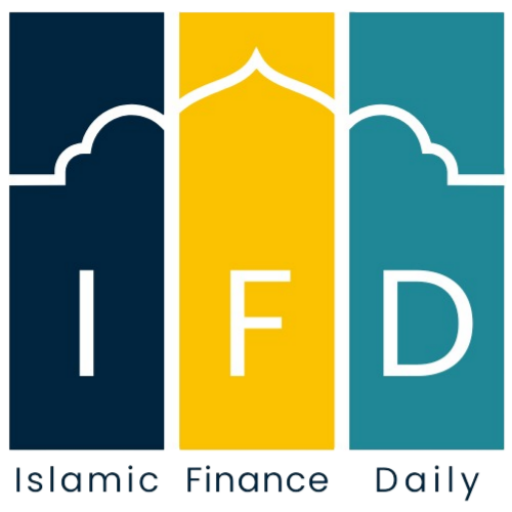Islamic banking, guided by principles derived from Islamic law (Sharia), has gained global recognition for its ethical and transparent financial practices. While its foundation is Islamic, its appeal transcends religious boundaries. This blog explores whether non-Muslims can use Islamic banking, how it works, and the benefits it offers to all, regardless of faith.
Table of Contents
ToggleUnderstanding Islamic Banking
Islamic banking operates on principles like avoiding interest (riba), promoting risk-sharing, and ensuring fairness in financial dealings. These principles are implemented through profit-sharing models such as Mudarabah (partnership financing) and Murabaha (cost-plus financing).
Its emphasis on ethical practices attracts individuals and businesses seeking transparent and sustainable financial solutions, making it an inclusive system.
Can Non-Muslims Use Islamic Banking?
Yes, non-Muslims can use Islamic banking. Sharia law does not restrict non-Muslims from accessing its services. Islamic banks operate in diverse, multi-religious countries like Malaysia, the UAE, and the UK, where they serve clients of all faiths. Non-Muslims are drawn to Islamic banking due to its ethical approach, risk-sharing mechanisms, and prohibition of speculative transactions.
For instance, the London-based Al Rayan Bank, one of the leading Islamic banks in the UK, reports that a significant portion of its customers are non-Muslims.
Benefits of Islamic Banking for Non-Muslims
- Ethical Financial Practices:
Islamic banks avoid unethical investments in industries like alcohol, gambling, and weapons, appealing to socially conscious individuals. - Risk Mitigation:
The profit-and-loss sharing model ensures both the bank and the customer share the risk, providing financial stability. - Transparency:
Clear contracts and avoidance of hidden fees make Islamic banking attractive to customers who value straightforward transactions. - Flexibility in Financing:
Islamic banks offer competitive home and car financing solutions, often at rates comparable to conventional banks.
Examples of Non-Muslims Using Islamic Banking
- United Kingdom:
Non-Muslims frequently use Islamic home financing through banks like Al Rayan. These banks provide Sharia-compliant mortgages where the bank purchases the property and leases it to the customer until full ownership is transferred. - Malaysia:
Islamic banks in Malaysia serve a multi-ethnic population, including Chinese and Indian clients, who appreciate the ethical framework of Islamic finance. - South Africa:
The country’s largest Islamic bank, Al Baraka Bank, serves a broad demographic, including non-Muslim businesses looking for ethical financing solutions.
Challenges Non-Muslims May Face
Despite its inclusivity, some non-Muslims might hesitate due to misconceptions about Islamic banking being exclusively religious. Others may find the terminologies like Ijara or Musharakah unfamiliar, creating a learning curve. However, many banks offer resources to educate customers on these terms, making Islamic banking more accessible.
The Inclusivity of Islamic Banking
Islamic finance is designed to promote justice and equitable wealth distribution, principles that resonate universally. Its commitment to economic sustainability and social responsibility makes it appealing across religions and cultures.
For example, in Africa, Islamic microfinance initiatives support non-Muslim farmers and small businesses, providing interest-free loans to improve their livelihoods.
Conclusion
Islamic banking is a universal financial system, open to all. Its ethical principles, transparent practices, and innovative financial solutions make it an attractive choice for Muslims and non-Muslims alike. As the world shifts toward ethical finance, Islamic banking is poised to play a significant role in shaping a more inclusive and sustainable financial future.



